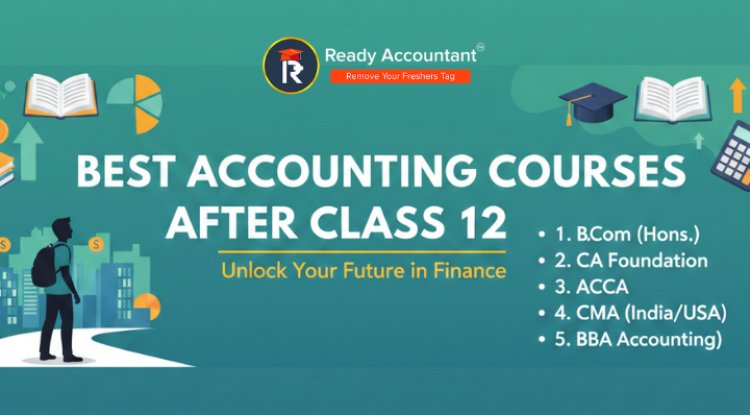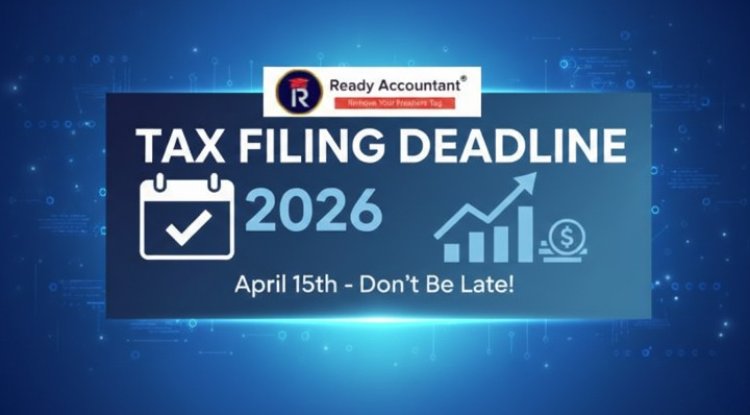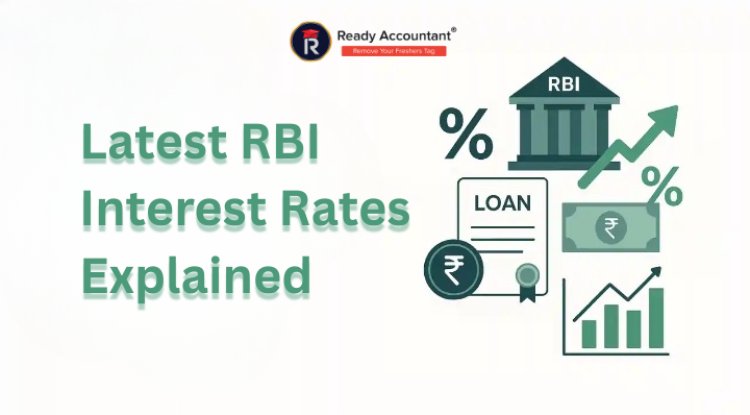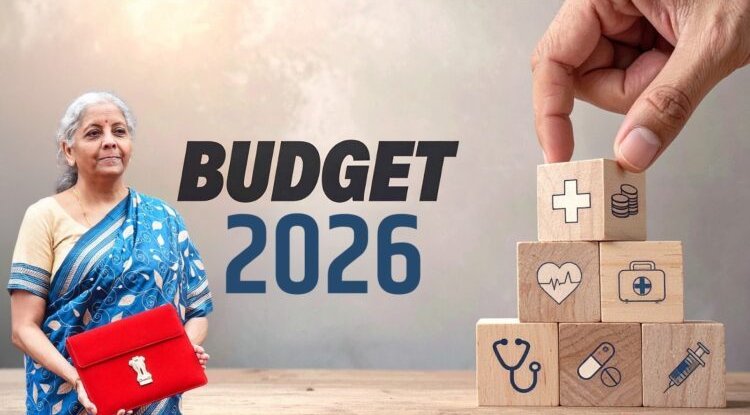Best Career Option in Finance after 10th:
After completing the 10th grade, students interested in finance can explore several promising professional paths. one of the best options is pursuing a diploma in Financial Accounting or Tally with GST, which offers practical knowledge and early job opportunities. students also can opt for commerce in 11th and 12th, followed by professional courses like CA (Chartered Accountancy), CMA (Cost Management Accounting), or CS (Company Secretary). short-term courses such as the basics of Accounting, Taxation, or Banking and Finance additionally lay a sturdy basis. those guides now not only build skills in financial control, taxation, and accounting software but also open doors to access-stage jobs or further higher education. Early specialization helps in building a strong career in the finance industry.

If you’ve just completed your 10th standard and have a passion for numbers, economics, or business, the sector of finance opens up a realm of exciting possibilities. From becoming a professional accountant or tax consultant to evolving into a financial analyst, a solid foundation in finance can be built properly after high college. wondering which path to choose? this article explores the best career options in finance after the 10th and how you can get started on the right track.
Best career option in Finance after 10th: top choices
Here are some of the best career options in finance after 10th that can set the stage for a successful career.
1. Accounting Course
One of the most sought-after career choices in finance is accounting. An Accounting course teaches students how to maintain financial records, prepare balance sheets, music income and fees, and more.
What You’ll Learn:
- Basics of bookkeeping
- Ledger management
- Profit & Loss analysis
- Financial reporting
- Accounting software like Tally
Career Scope:
Upon completion, students can work as junior accountants, data access operators, or assistants in CA firms. With experience and further qualifications, they can advance to senior accountant or finance manager roles.
2. GST course
With the implementation of the goods and services Tax (GST) in India, the demand for experts who apprehend the GST system has skyrocketed. A GST course presents in-intensity knowledge about GST laws, filing returns, invoicing, and compliance.
What You’ll study:
- GST structure and components
- Registration process
- GST return filing (GSTR-1, GSTR-3B)
- Input Tax credit
- GST compliance with Tally or different software program
Career Scope:
Students completing a GST course can work as GST Assistants, Tax filing Executives, or join consultancy firms that offer GST advisory services. It also opens doors to freelancing as a GST practitioner.
3. Taxation course
Information tax laws are critical in both business and individual financial planning. A Taxation Course introduces students to the basics of income tax, corporate tax, and tax return filing techniques.
What You’ll Learn:
- Basics of direct and indirect taxes
- Income tax slabs and computation
- TDS (Tax Deducted at source)
- Filing ITR (Income Tax Returns)
- Use of tax filing portals
Career Scope:
After this course, students can work under tax experts or CAs, assist in tax filing procedures, or pursue certifications that make them eligible for independent tax consultancy.
4. Tally & Accounting software training
Tally is the most widely used accounting software in India. knowing how to perform Tally after the 10th can be a game-changer. It enhances your employability and provides an arms-on experience in digital accounting.
Skills Acquired:
- Creating ledgers and groups
- Managing GST in Tally
- Generating financial reports
- Voucher entry and inventory management
This skill set can assist students get internships and junior roles in accounting firms, laying the inspiration for long-term growth.
5. Finance Internships & Apprenticeships
Many small businesses and accounting companies provide internships to students who’ve completed simple finance courses. these opportunities provide real-world experience and help build realistic knowledge.
Whilst these may be unpaid or provide a modest stipend initially, the skills gained are invaluable. Internships are also a great way to build a expert network early in your career.
Pathway to a Bright Future in Finance
Here's how students can plan their financial career right after the 10th:
Step 1: Choose commerce or Vocational stream in the 11th
Opting for commerce gives you access to core topics like Accountancy, Economics, and business studies, which are vital for finance careers.
Step 2: Sign up for Certification programs
Simultaneously pursue short-term publications in Accounting, GST, and Taxation through offline or online training facilities. Many institutes offer weekend batches for college-going students.
Step 3: Apply for Internships
Use your certification and newly won knowledge for internships in local CA firms, finance consultancies, or online freelancing platforms.
Step 4: Continue higher education
After 12th, you can pursue a B.Com, BBA in Finance, or maybe professional courses like CA, CMA, or CFP depending on your area of interest.
Popular Institutes Offering Finance Guides After 10th
Many reputed institutes are supplying beginner-level finance courses tailored for students who’ve completed their 10th standard. those include:
- Authorities-run ITIs with commerce modules
- Private accounting institute like Ready Accountant is the best Accounting institute in India.
- Before enrolling, check for course recognition, college expertise, and hands-on training.
Conclusion
Choosing the best career choice in finance after 10th can open up a world of opportunities. With the right mix of practical schooling, certifications, and continuous gaining knowledge of, college students can build a profitable career in finance — whether as accountants, GST consultants, or tax advisors.
What's Your Reaction?




















